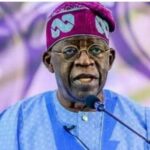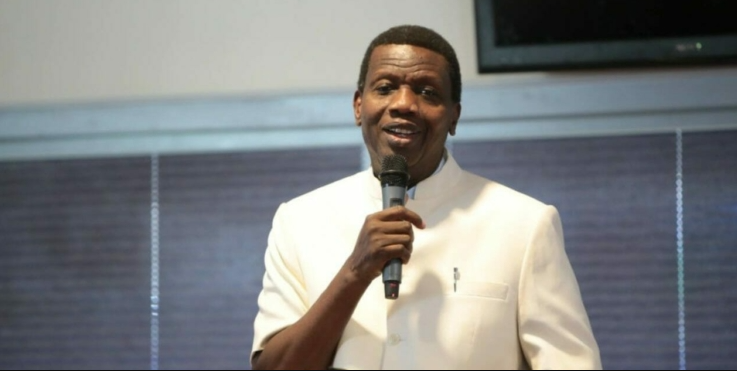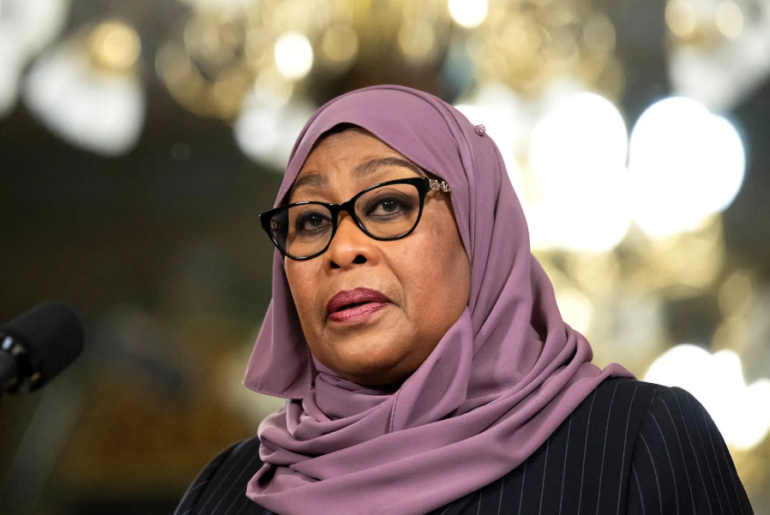A former presidential candidate Peter Obi, on Wednesday, declared that the ‘Obidient’ movement is more than just a political party.
Obi’s assertion highlights the movement’s growing influence and its potential to shape Nigeria’s political landscape beyond traditional party affiliations.
Obi’s assertion highlights the movement’s growing influence and its potential to shape Nigeria’s political landscape beyond traditional party affiliations.
Obi made this assertion via a series of posts on X, noting that anyone claiming to be at the helm of affairs of what he described as a “non-existent directorate” is not a member of the ‘Obidient’ movement.
The ‘Obidient’ movement, which emerged during Obi’s presidential campaign, has gained widespread support among Nigerians, particularly among the youth. The movement’s focus on good governance, economic development, and anti-corruption efforts has resonated with many citizens who are seeking a new political paradigm.
Obi posted, “I like to categorically state that the Obidient Movement is not a directorate of any particular political party. Any individual or individuals claiming to be leaders of this non-existent directorate are simply not members of the broader Obidient Movement. There may be a youth mobilisation directorate in political parties but the Obidient movement is far beyond a particular political party. The Obidient Movement is a diverse and inclusive collective that transcends traditional political, religious, and ethnic affiliations.
“It is not domiciled within any particular party or headquartered in any particular part of the country. Its membership spans across Africa and the globe, comprising individuals from various backgrounds, including rural communities, and public, private, and corporate entities, united by a shared vision for a New and better Nigeria. Guided by the principles of adaptive and transformative change, progress, discipline, and democratic values, the Obidient Movement advocates for fairness, equity, inclusivity, and justice.
“We serve as a beacon of hope for a reimagined Nigeria, where leadership is grounded in character, capacity, competence, compassion and the well-being of all citizens. Let this serve as a clarification that the Obidient Movement operates independently of any political party, and its membership is not limited to any particular affiliation. Our focus remains steadfast on driving positive change and promoting a New Nigeria for all. This is who we are and will remain for all time.”
By positioning the ‘Obidient’ movement as a force beyond political parties, Obi is likely seeking to create a platform that can bring together Nigerians from diverse political backgrounds. This strategy has the potential to challenge the dominance of traditional political parties and create a new political culture that prioritizes the needs of the people over party affiliations.
Analysts believe that Obi’s move is a calculated attempt to create a political movement that can outlast his own political career. By building a movement that is not tied to a specific party, Obi is creating a legacy that can continue to shape Nigeria’s political landscape even after he is gone.
The implications of Obi’s statement are far-reaching. It could signal a shift in Nigeria’s political landscape, where movements and ideologies become more important than traditional party affiliations. This could lead to a more inclusive and participatory political process, where citizens are engaged in decision-making and policymaking.
However, there are also risks involved. The ‘Obidient’ movement could become a parallel political structure that undermines the authority of democratic institutions. It could also lead to a fragmentation of the political landscape, making it difficult to build consensus and govern effectively.







